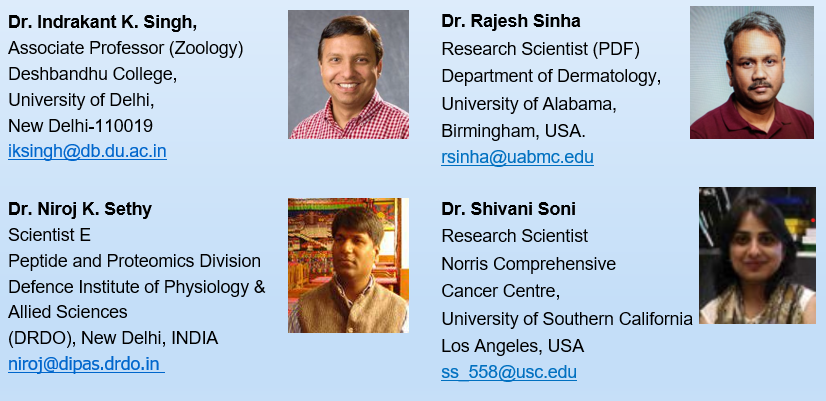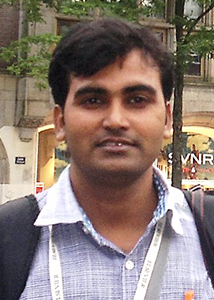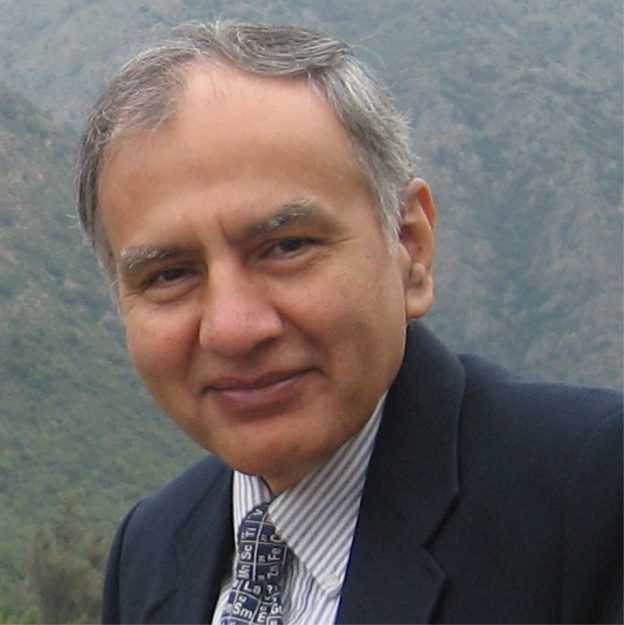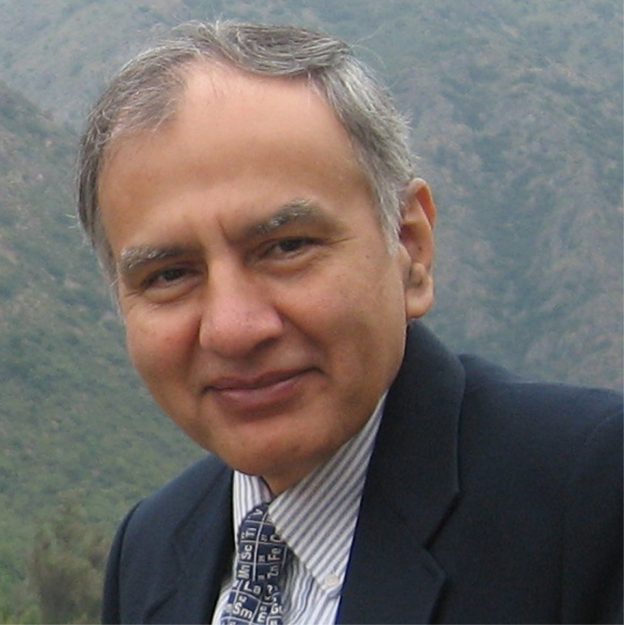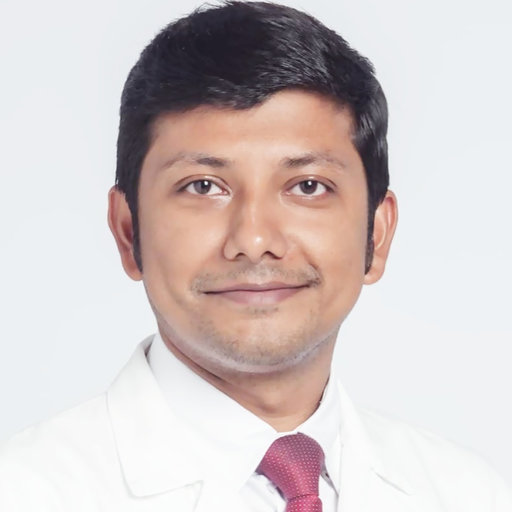Amidst the recent pandemic, there has been a lot of talk about the role of chemistry in handling the outbreak. A sudden surge of information on various aspects of Molecular chemistry in drug design and development for various infectious diseases has ignited curiosity and awareness among the common people about the role and scope of molecular chemistry.
The Amity Institute of Click Chemistry Research and Studies, Amity University, Noida ( www.amity.edu/aiccrs) will host a 2-day International Conference on “Role of Molecular Chemistry in Drug Design and Development” on 29-30th June 2022 with aim towards a global collaboration between scientists, research scholars and students working on various aspects of Chemistry and drug design and discovery from different research organizations, medical institutions, NGOs, and reputed Universities, to share their ideas and discuss the solutions. The selected full-length articles from speakers, participants and other scholars will be published in special thematic issue.
This special issue is meant to cover the various aspects of emerging infectious diseases, problems, and molecular chemistry approaches as a type of solutions to deal with possible diseases of future. It will bring together the knowledge of the paradigms of designing and development of medicines according to the current infectious diseases and the recent researches related to this area. It also aims to explore the role of new molecules or new role of available molecules or drugs and the challenges in drug development against the infectious agents. The special issue will include articles on recent therapeutic and diagnostic tools in tackling infections, developments and challenges in Molecular drug design, In-silico Methods for Drug Design and Discovery, importance of Click Chemistry for medicine, Computer-Aided Drug Design, vaccine and immunity, Advance synthesis in drug discovery as well as Chemistry-Biology interface with emphasis on most recent research findings.
Themes of special issue
- Role of Molecular Chemistry in Drug development
- Importance of Click Chemistry for medicine
- Molecular drug design
- In-silico Methods for Drug Design and Discovery
- Molecular Chemistry and Computer-Aided Drug Design
- Advance synthesis in drug discovery and development
- Chemistry-Biology interface
GUEST EDITORS
Dr. Vivek Mishra
Assistant Professor,
Amity Institute of Click Chemistry Research and Studies,
Amity University, Noida
Dr. Monalisa Mukherjee
Professor and HoI
Amity Institute of Click Chemistry Research and Studies,
Amity University, Noida
Date Schedule
Article submission: 30-July-2022
Issue Completion : 20-Dec-2022
Submission
Authors need to submit their article to guest editors/conference secretariat for preliminary evaluation and peer-reviewing. Final accepted article will have to be submitted on (the recommended) respective journal site.
Participating Journals
Chemical Biology Letters
Journal of Integrated Science and Technology
Journal of Biomedical and Therapeutic Sciences
Applied NanoMedicine
Journal of Molecular Chemistry

